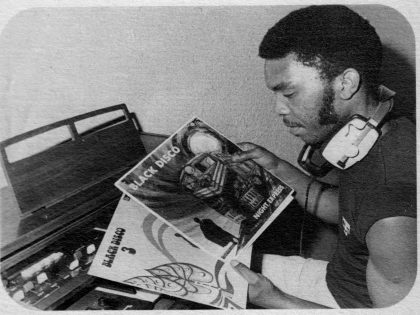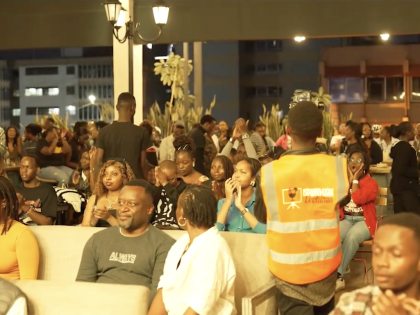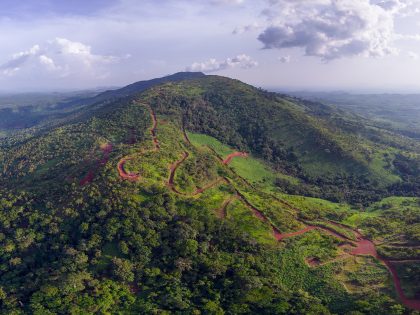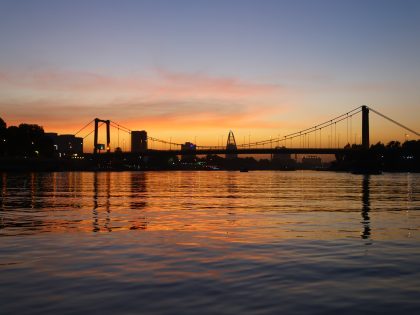Malawi Prison Blues
Here's a list of writings to read for those looking for a speed-read on recent events and to understand the longue duree of how Malawi got here.

Malawian writer, Jack Mapanje, December 2011 (English PEN, via Flickr CC).
Recently Malawians have been protesting against government corruption and cronyism. The focus of citizen anger is President Bingu wa Mutharika. The state’s response has been state violence and repression; in some instances fatal. Last month Robert Chasowa, a student leader, was murdered under mysterious circumstances. Malawi is of course a democracy. Malawians last coped with this kind of thing under Life President Hastings Banda who ruled from independence in 1966 till 3 years before his death in 1997.
For those looking for a speed-read on recent events, I would suggest reading Malawian Steve Sharras’s recent post at Global Voices. But for a more longer, analytical view there is celebrated poet Jack Mapanje’s new memoir, And Crocodiles are Hungry at Night. It just came out and as Elliot Ross (he is an AIAC contributor and grew up in Malawi) writes for Guernica that the book “could scarcely be more timely, offering as it does a history of local tyranny at a time when political violence has escalated to a pitch not seen since Banda’s demise.” Mapanje who was imprisoned by Banda’s regime in the late 1980s, writes “an alternative history of the nation seen through the lens of [his] prison.” Mapanje, for Ross, is Malawi’s “most vital and furious historian” and his imprisonment is “best understood as one of the paradigmatic events in Malawi’s history since independence.”



















